Joe Biden vows: No Nord Stream 2 gas pipeline if Russia invades Ukraine
Joe Biden and German Chancellor at odds over Nord Stream 2. Emmanuel Macron tells Vladimir Putin that Europe is in ‘critical situation’.
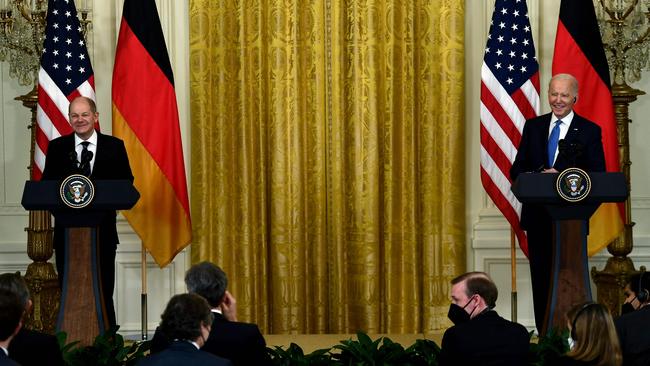
Joe Biden and the Chancellor of Germany appear starkly at odds over whether the critical Nord Stream 2 gas pipeline should go ahead if Russia invades Ukraine, amid frustration in Washington over Berlin’s alleged lack of enthusiasm for defending the former Soviet state.
Chancellor Olaf Scholz, on his first visit to Washington as German leader, refused to rule out the pipeline from Russia to Germany, if Vladimir Putin triggers an invasion of the Ukraine, a move the US sees as a critical part of NATO’s emerging package of economic sanctions.
“We don’t want to spell out everything in public, because (we want) Russia to understand there might be more to come,” Mr Scholz said, after repeated questioning from journalists at a joint press conference with the president at the White House.
President Biden, standing next to him, repeatedly ruled out the pipeline, which is currently awaiting approval to start pumping gas from German and European regulators.
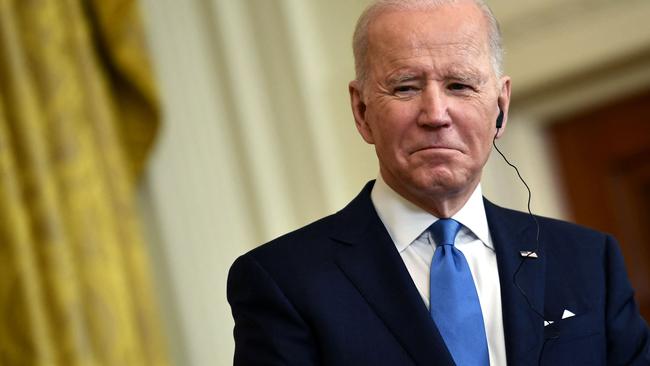
“If Russia invades, that means tanks and troops crossing the border of Ukraine again, there will be no longer a Nord Stream,” Mr Biden said.
“I promise you we’ll be able to [stop] it”.
The US president said the discussions between the two leaders of NATO’s two largest economies said Germany was “completely reliable – I have no doubt about Germany at all”, pushing back against Germany’s more lukewarm rhetoric in relation to Russia’s troop build up on the Ukrainian border signalled a split in NATO’s position.
“If Russia makes a choice to further invade Ukraine, we are jointly ready and all of NATO is ready,” the President said, promising “swift and severe” sanctions if Mr Putin ordered an invasion, which US officials say could happen this month.
Germany blocked the transfer of military equipment from Estonia to Ukraine in late January; and last week the British government flew planes carrying military equipment to Ukraine on a wide detour around Germany, for fear, reportedly of having Germany reject permission to fly in its airspace.
Mr Scholz, a former labour lawyer, mayor of Hamburg, and then finance minister in the Merkel government, became Chancellor of Germany in December, succeeding Angela Merkel, after months of negotiations among Germany’s governing coalition of parties.
At the press conference, Mr Scholz stressed Germany had given the most financial support to Ukrainian economy – $2 billion directly and indirectly through $3.8bn of EU contributions – since 2014, when Russia invaded and seized the Crimea from Ukraine, destabilising its economy and the region.
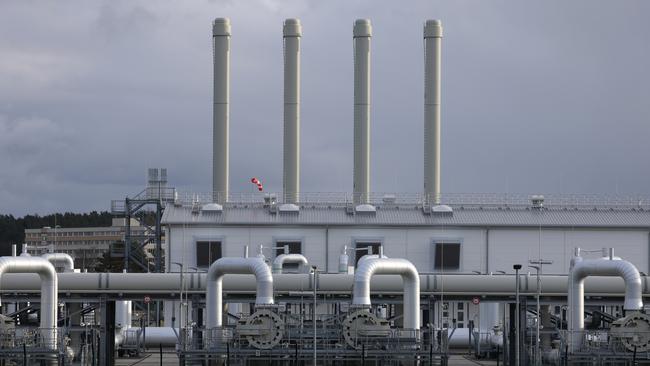
“The problem is not what Germany is doing, the problem is what it’s not doing; the expectation is for it to lead as the most important country in Europe when it comes to relations with Russia,” said Ulrich Speck, a senior fellow at the German Marshall Fund, speaking hours earlier at a Hudson Institute seminar.
“The chancellor is giving commentaries but not giving leadership, you don’t see any kind of vision of how he wants to get out of this crisis,” Mr Speck added.
The US has long worried the Nord Stream 2 pipeline, once up and running, would provide Russia with an additional leverage in any negotiations with Europe, which has become highly dependent of Russian oil and gas after turning off nuclear and coal, and gas fired power plants.
Diplomatic efforts led by the US since December to dissuade Mr Putin from invading Ukraine, an objective the Russian president has denied, have entered a more haphazard phase over the last fortnight, amid growing uncertainty about the Russian leaders’ intentions.
French President Emmanuel Macron, seeking to lead a European solution to the crisis, met separately with Mr Putin in Moscow on Monday, ahead of a separate visit by British Foreign Secretary Liz Truss later this week.
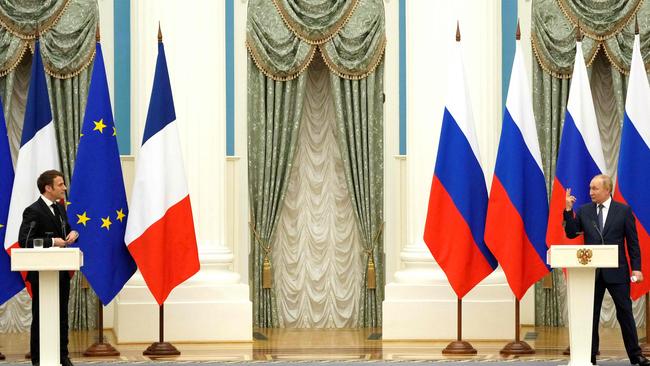
Mr Macron told Mr Putin Europe was in a “critical situation,” adding that he was seeking a “useful” response from Moscow “that of course allows us to avoid war and to build bricks of trust, stability, visibility”.
White House national security adviser Jake Sullivan warned Sunday that a Russian invasion of Ukraine could be imminent, suggesting Russia had 70 per cent of the military capacity ready that would be required for a full-scale invasion.
“We are in the window,” Mr Sullivan told Fox News on Sunday. “Any day now, Russia could take military action against Ukraine or it could be a couple of weeks from now, or Russia could choose to take the diplomatic path instead.”
Liana Fix, a senior analyst at the Hamburg-based Bergedorf Round Table, said Germans still felt both “gratefulness” to Russia after the end of the Cold War, during which Germany had been a potential nuclear battleground, and “continued guilt” left over from World War II, when Germany invaded Russia.
A survey of Germans published in November found 82 per cent rated Russia as being a “minor or no” threat to Germany, compared to 54 per cent of Americans who counted Russia as a threat to the US, she added, speaking on a Hudson Institute seminar on Monday.



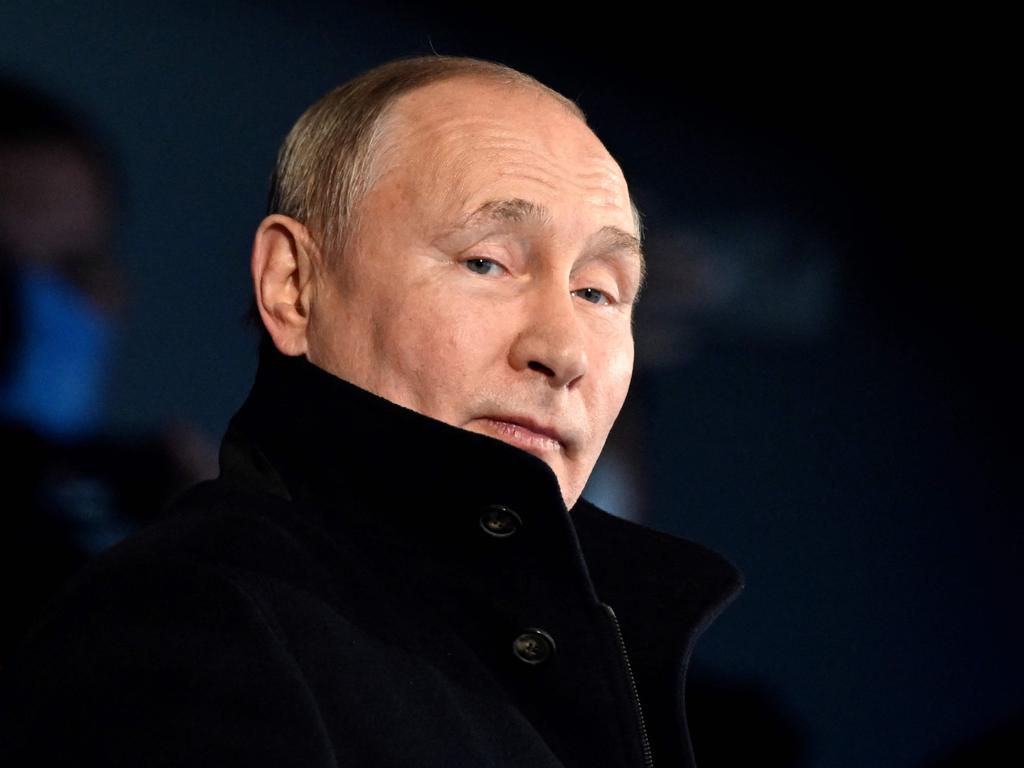
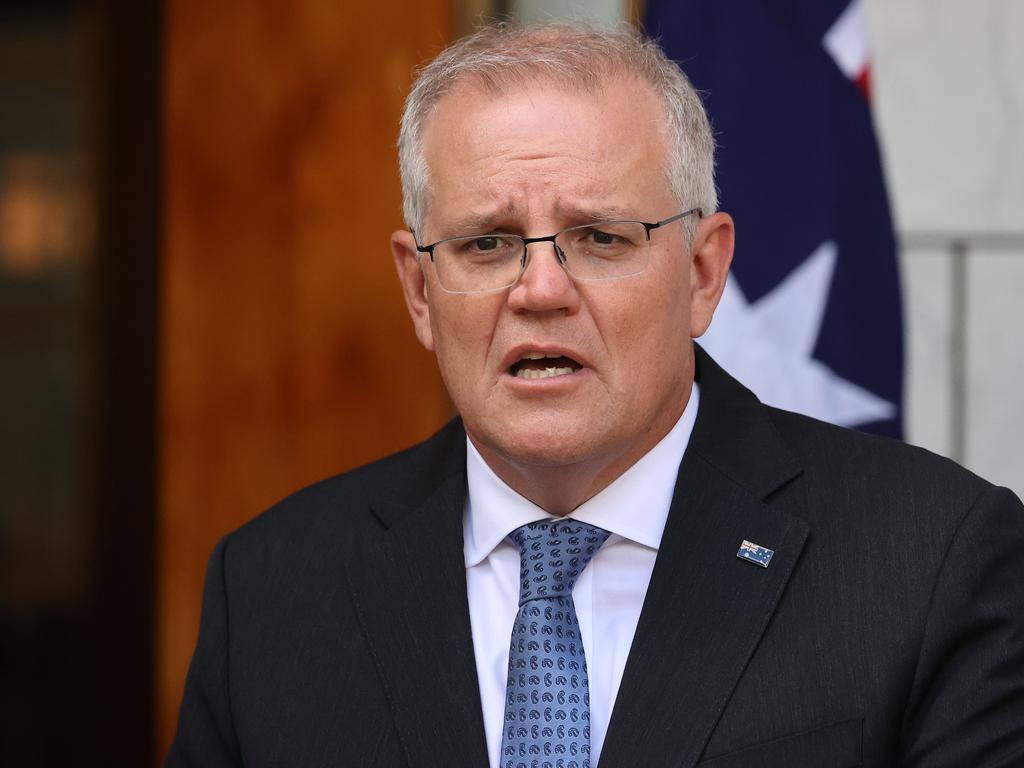
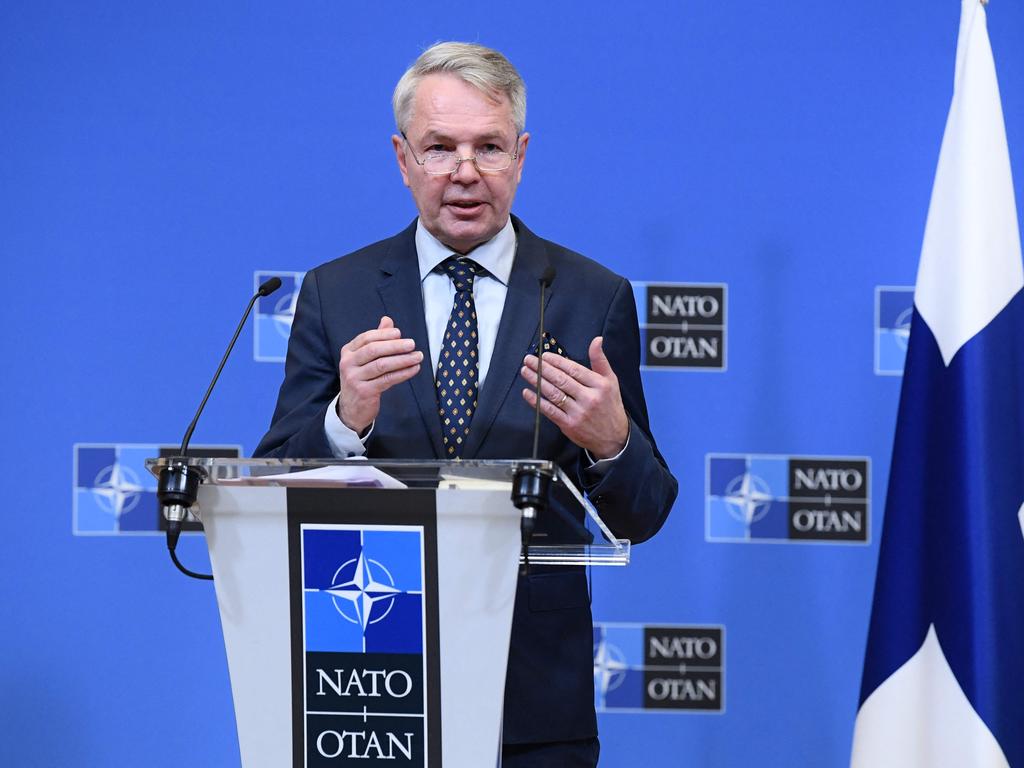


To join the conversation, please log in. Don't have an account? Register
Join the conversation, you are commenting as Logout